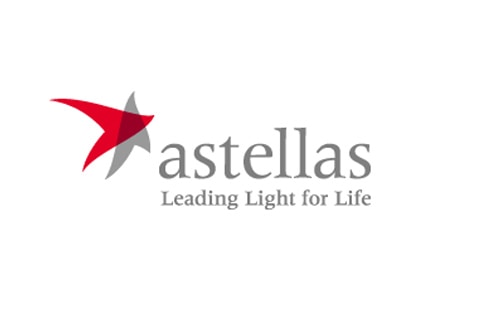
Astellas has made another deal in the gene therapy category, licensing a candidate for treating faecal incontinence from US biotech Juventas Therapeutics.
Terms of the deal haven’t been disclosed, but Astellas says it has taken an exclusive option on the non-viral gene therapy – called JVS-100 and in early-stage clinical development – in all world markets except China. It’s paying an upfront fee and will also fund preclinical and clinical studies of the therapy.
JVS-100 is Ohio-based Juventas’ lead product candidate and delivers the gene sequence for stromal cell-derived factor-1 (SDF-1), a naturally occurring signalling protein that is thought to activate the body’s tissue repair pathways, using a plasmid vector.
The agreement grants Astellas a licence to develop JVS-100 through phase 2a clinical studies, with an option to acquire the therapy for further development and commercialisation if all goes according to plan. Juventas has already tested the candidate in early-stage trials involving more than 180 patients in other indications, including repeat administrations, and says it has no significant side effects.
The choice of lead indication for JVS-100 is an interesting one, given that the therapy also has potential in other, more life-threatening indications such as chronic heart failure (CHF) and late-stage peripheral artery disease (PAD).
Astellas says that faecal incontinence is widespread and has no effective treatments, severely impacting the quality of life of patients with the disorder. It is estimated to affect more than 50m people in Europe alone, resulting from a wide range of causes including ageing, damage to muscles or nerves and childbirth.
Juventas has previously shown that intramuscular injection of JVS-100 in animal models of faecal incontinence promotes functional/histological improvement in anal sphincter muscle. Greater muscle control in the anal sphincter is the key to resolving incontinence.
“JVS-100 has been well tolerated in multiple studies and has demonstrated the potential to revive intrinsic regenerative processes and restore tissue function,” said Rahul Aras, Ph.D, President and CEO of Juventas. “We are excited to partner with Astellas to advance the programme for treatment of patients with FI.”

Jventas’ Rahul Aras
Last year, researchers at INSERM in France showed that cell therapy with muscle-generating cells called myoblasts, harvested from patients’ own thigh muscles and injected into the sphincter, led to improvements in 58% of patients, compared to 8% of a matched placebo group.
The option deal comes just a few weeks after Astellas acquired UK ocular gene therapy company Quethera for $109m, adding a potential treatment for glaucoma called QTA020V which is in in preclinical development.
The Japanese drugmaker has been building a presence in gene therapy for a number of years, with partnerships in place for other programmes including two gene therapies for retinitis pigmentosa.




